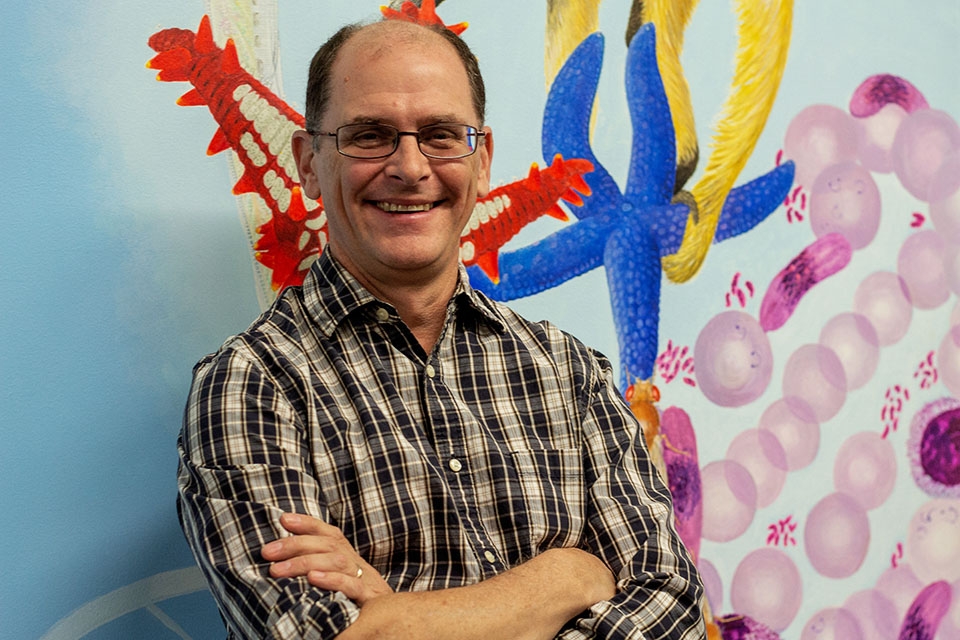
DU professor David Lampe seeks to reduce number of malaria-related deaths.

DU professor David Lampe seeks to reduce number of malaria-related deaths.
Laurel Wilson | Staff Writer
11/01/18
Fevers. Chills. Diarrhea. Vomiting. Night Sweats. All these are symptoms of a disease that takes between 500,000 and 1 million lives annually — malaria. Many scientists, including a Duquesne professor, have been working tirelessly to bring that number to zero.
Malaria is one of the deadliest types of Vector-borne diseases in the world. Vector-borne diseases refer to those where living organisms transfer diseases to humans or other animals. While the number of deaths attributable to malaria have decreased largely in the past few decades, it is a number that is still troubling to many.
Two research studies, headed by David Lampe, professor at Duquesne’s Bayer School of Natural and Environmental Sciences, and Jason L. Rasgon, professor at Penn State University, could shed new light on ways to reduce malaria.
Rasgon was the lead on this innovative project, conducting his study in August 2018. According to Rasgon, he and his team were attempting to alter the genetics that carry the malaria parasite of mosquitos by injecting the actual embryos themselves. However, this was a very expensive, difficult process that required much training.
Rasgon and his team figured there had to be an easier way to get this material into the embryos — and there was.
After extensive studies, Rasgon found that they would be able fuse a certain type of amino acid with the genetic material and simply inject it into the adult female, and the material would travel straight to the developing ovaries.
With this new method, researchers would not only save time and money, but they would be able to use this new tool without high-tech, specialized labs.
One of those who was able to use this new approach was Lampe, with the help of students Christina Grogan, Jackie Shane and Caroline Cwalina. The team used Rasgon’s approach to try to find ways of preventing mosquitoes from transmitting diseases, specifically malaria parasites.
“We do this by manipulating the bacteria that normally live in the mosquitoes. We make the bacteria produce proteins that can kill the malaria parasites,” Lampe said. “We showed that if we carefully controlled the expression of antimalarial genes produced by bacteria that live in mosquitoes, the bacteria were more ‘fit’ and were able to kill more parasites.”
According to Lampe, they used bacterial genetics to discover instructions in our bacteria (Asaia bogorensis) that let us turn on genes only when the bacteria are exposed to blood. This happens if they are in a female mosquito and she feeds on a human, for example.
Using those instructions, Lampe and his team were able to turn on genes that lead to the production of anti-parasite molecules.
“If the bacteria only make these when blood is present, we can kill more parasites,” Lampe said. “The system is more efficient and safe this way.”



